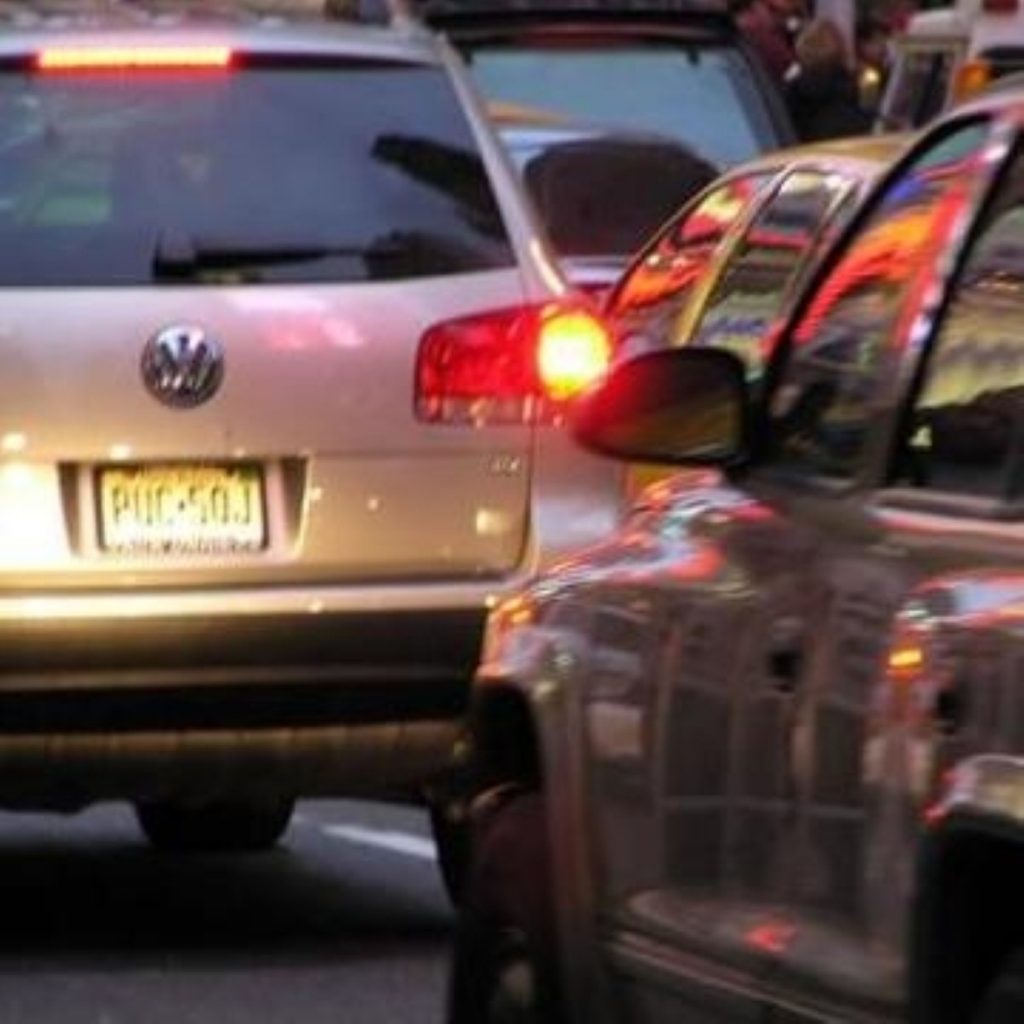Lib Dems call for £2,000 car tax
Drivers of the most polluting cars would have to pay up to £2,000 a year in car tax – ten times the current level – under new proposals unveiled by the Liberal Democrats.
The suggestion is part of a package of measures unveiled by the party today to persuade people to lead more environmentally friendly lives.
Chancellor Gordon Brown announced a £40 increase in the top rate of vehicle excise in the 2006 Budget, but the move was condemned by environmentalists as inadequate, and today the Lib Dems recommended radical action.
“At present nearly 200,000 cars – or some eight per cent of the total – are sold in this [top] category. If people choose to purchase the most polluting cars they must recognise the environmental cost,” says the first report from the party’s tax commission.


There would be a 50 per cent discount for people living in the most sparsely populated areas, the report says, to ensure they were not penalised for living somewhere with little or no public transport.
But it insists the measures, along with other proposals such as scrapping the freeze on fuel duty so it rises in line with inflation every year, are the only ways to change behaviour.
“Green taxes can change our behaviour and safeguard our planet for our children in a way that hugging a husky cannot,” said environment spokesman Chris Huhne, in a direct dig at the new ‘green’ Conservative leader, David Cameron.
“Tory hot air will not cool the climate, while Labour is missing targets and ducking decisions. The green switch is about shifting taxes from good things, such as work, onto bad things, such as gas-guzzling cars and half-full flights that cause wasteful carbon emissions.”
The report also calls for an end to the air passenger duty, saying that despite a 35 per cent increase in passenger numbers since 2000, the money raised by the tax has fallen by four per cent. It instead calls for a tax based on the emissions produced by each flight.
The general aim of today’s report, which will be followed up with further tax policies at a later date, is to increase green taxation as a proportion of GDP – currently environmental taxes form just three per cent of GDP, down from a peak of 3.6 per cent in 1999.
However, Mr Huhne, who launched the proposals alongside Treasury spokesman Vince Cable and shadow chief secretary to the Treasury Julia Goldsworthy, insisted this would not increase the overall tax burden.
The government had so far treated green taxation as “stealth taxes”, he said, whereas under the Lib Dems’ plans, the extra money raised would be returned to the taxpayer in the form of lower income tax.
“This is about using taxes in a new way to change behaviour, not to raise money for the government,” Mr Huhne added.

